Hey there! If you’ve ever been prescribed alprazolam (yeah, the “Xanax” you’ve heard about) you’ve probably wondered, “What else can I take with it?” You’re not alone. The truth is, alprazolam doesn’t exist in a vacuum – it likes to mingle with other meds, foods, and even that glass of wine you enjoy on the weekend. In this friendly deep‑dive we’ll unpack the most common and the most surprising alprazolam interactions, weave in real‑world stories, and give you a toolbox of safety tips you can actually use.
Quick Hit Summary
In a nutshell, alprazolam interacts with 559 prescription and over‑the‑counter drugs, 2 food/alcohol items (grapefruit and alcohol), and a handful of supplements. The biggest red flags are anything that ramps up central nervous system (CNS) depression (think alcohol, opioids, other sleep aids) or anything that blocks the enzyme CYP 3A4 (grapefruit, certain antifungals, some antidepressants). Those combos can make you feel “floaty” or, in the worst case, lead to serious breathing problems.
Interaction Landscape
Why do these interactions matter? Alprazolam belongs to the benzodiazepine family and is primarily cleared by the liver enzyme CYP 3A4. Anything that speeds up that enzyme can lower the drug’s effect, while anything that slows it down can raise blood levels and increase side effects.
According to Drugs.com, there are 559 drug interactions cataloged for alprazolam: 55 major, 462 moderate, and 42 minor. Meanwhile, the food interaction page lists only two alcohol/food interactions – grapefruit and alcohol – but those two are enough to change the whole picture.
Alprazolam + Alcohol
Let’s start with the classic “Alprazolam and wine” scenario. Alcohol is a CNS depressant, just like alprazolam. When you combine them, you’re essentially turning the volume up on the sedation dial.
Story time: Jane, a 42‑year‑old graphic designer, loved a glass of Merlot after a long day. One Friday, she took her usual alprazolam dose and then enjoyed two glasses of wine with friends. By midnight, she was so drowsy she could barely hold a conversation, and the next morning she woke up with a pounding headache and a lingering sense of “I can’t think straight.” Her physician explained that the alcohol had amplified alprazolam’s effect, making her more prone to dizziness and an increased risk of respiratory depression.
Here’s what happens on a chemical level: alcohol enhances GABA activity (the same neurotransmitter alprazolam works on) and also reduces the metabolism of alprazolam, letting more of the drug stay in your bloodstream. The result? More drowsiness, poorer coordination, and in high‑risk patients (e.g., those with COPD) a dangerous drop in breathing.
| Effect | Typical Outcome | Severity |
|---|---|---|
| CNS depression | Excessive drowsiness, impaired coordination | Moderate |
| Respiratory depression | Slowed breathing, risky for lung disease | Major (high dose) |
| Interaction mechanism | Alcohol ↑ GABA + slows metabolism | — |
Bottom line: If you’re on alprazolam, steer clear of alcohol or keep it to a very low amount after talking with your doctor.
Alprazolam + Supplements
Supplements sound harmless, right? Not always. Some herbs and over‑the‑counter products can either boost or blunt alprazolam’s power.
Grapefruit & Citrus
Grapefruit juice is notorious for meddling with many meds, and alprazolam is no exception. The fruit contains compounds that inhibit CYP 3A4, which can raise alprazolam levels by up to 50 % according to a study in Clinical Pharmacology. That means a dose you thought was safe might suddenly feel like a double dose.
St. John’s Wort
St. John’s Wort is a popular “natural mood‑booster,” but it’s a strong CYP 3A4 inducer. It can make alprazolam work less, leaving you with reduced anxiety relief. If you’re taking this herb, you might notice you need a higher dose – and that’s a signal to talk to your prescriber.
Kava and Valerian
Both are marketed for relaxation. When mixed with alprazolam, they add more CNS depression, upping the risk of severe drowsiness or even fainting. A handful of case reports describe hospital visits after people combined kava with benzodiazepines.
| Supplement | Interaction Type | Clinical Impact | Recommendation |
|---|---|---|---|
| Grapefruit juice | Enzyme inhibition | ↑ alprazolam blood levels | Avoid or discuss with doctor |
| St. John’s Wort | Enzyme induction | ↓ alprazolam effectiveness | Do not combine without supervision |
| Kava | Additive CNS depression | Excessive sedation, possible overdose | Avoid |
| Melatonin (OTC) | Minimal | Generally safe, monitor drowsiness | Usually okay |
When in doubt, pull out your pill bottle and write down every supplement you take. Bring that list to your next appointment – it’s the fastest way to avoid a surprise.
Major Drug‑Drug Interactions
Let’s walk through the five most concerning combos that show up as “major” on the interaction checkers.
Opioids (e.g., Oxycodone, Hydrocodone)
Both opioids and alprazolam depress respiration. Together they can cause life‑threatening breathing slowdown. The CDC actually recommends avoiding this pairing whenever possible.
Other Benzodiazepines / Sleep Aids (Zolpidem, Temazepam)
If you take a “sleep‑aid” pill on top of alprazolam, you’re stacking two strong sedatives. The result? You might feel like a blob for hours, and your coordination could be seriously impaired.
CYP 3A4‑Inhibiting Antidepressants (Fluoxetine, Fluvoxamine, Itraconazole)
These drugs block the enzyme that clears alprazolam, leading to higher concentrations and more intense side effects – think dizziness, memory problems, or even paradoxical agitation.
Antifungals & Antibiotics (Ketoconazole, Clarithromycin)
Same story as the antidepressants – they inhibit CYP 3A4 and can push alprazolam levels upward.
First‑Generation Antihistamines (Diphenhydramine, Chlorpheniramine)
These “old‑school” allergy meds are also CNS depressants. When taken with alprazolam, they magnify drowsiness and can turn a normal day into a sleepy‑marathon.
| Interaction | Classification | Potential Outcome | Action |
|---|---|---|---|
| Alprazolam + Opioids | Major | Severe respiratory depression | Avoid; if needed, monitor closely |
| Alprazolam + Zolpidem | Major | Profound sedation, fall risk | Do not combine |
| Alprazolam + Fluoxetine | Major | Elevated alprazolam levels | Consider dose reduction |
| Alprazolam + Ketoconazole | Major | Increased side effects | Alternative antifungal if possible |
| Alprazolam + Diphenhydramine | Moderate | Excessive drowsiness | Use non‑sedating antihistamine |
Want to see the full list for yourself? Check the Drugs.com interaction checker. It’s free, quick, and can save you a lot of worry.
Food, Lifestyle & Physiology
Obesity and Distribution
Alprazolam is moderately lipophilic, meaning it stores in fat tissue. In people with higher body fat, the drug’s half‑life can stretch beyond the typical 11‑16 hours, leading to accumulation if you’re not careful. The food interaction page notes that dosing intervals may need adjusting for obese patients.
Renal / Hepatic Impairment
If your liver or kidneys aren’t working at full speed, alprazolam clears more slowly. That translates to higher steady‑state levels, which again raises the chance of side effects like memory lapses, dizziness, or “black‑out” moments.
Grapefruit (again) – Quick Recap
Because it’s such a big player, it’s worth repeating: grapefruit juice + alprazolam = higher drug levels → more sedation, possible nausea, and in rare cases, an unsafe drop in blood pressure.
Managing Risks & Building Trust
So far the list might feel overwhelming, but here’s a simple, friendly framework to keep you safe:
- Make a master list. Write down every prescription, over‑the‑counter pill, vitamin, herb, and even that “once‑a‑week” supplement.
- Ask before you mix. Before adding a new medication or supplement, check it against your list or use an online interaction checker.
- Watch the signs. If you notice extra drowsiness, trouble breathing, confusion, or a “foggy” feeling, call your healthcare provider right away.
- Limit alcohol. The safest route is abstaining while you’re on alprazolam, but if you choose to drink, keep it to a single standard drink and only after your doctor gives the green light.
- Schedule regular check‑ins. Every few months, review your medication regimen with a pharmacist or prescriber – they can spot interactions you might have missed.
In the words of a seasoned clinical pharmacist I once chatted with, “Think of your medication list as a recipe. Adding a new ingredient without checking the flavor profile can spoil the whole dish.”
Take‑Away Summary
Alprazolam is a powerful ally for anxiety, but it’s also a social butterfly that loves to mingle with other substances. The key take‑aways are:
- There are 559 drug interactions – major, moderate, and minor – so double‑check anything new.
- Alcohol and grapefruit are the only two food/lifestyle interactions, but they pack a big punch.
- Supplements like kava, St. John’s Wort, and even melatonin can shift how alprazolam works; treat them with the same caution you’d give any prescription.
- High‑risk combos (opioids, other sedatives, strong CYP 3A4 inhibitors) should be avoided unless a clinician explicitly says it’s safe.
- Personal factors – weight, liver/kidney health, and existing diseases – change how long the drug stays in your system.
Armed with this knowledge, you can feel confident making smart choices, asking the right questions, and keeping the benefits of alprazolam without unwanted surprises. If anything still feels fuzzy, remember: your doctor, pharmacist, or even a trusted online interaction checker are just a click away. Stay safe, stay curious, and keep the conversation going – your health is worth the effort.

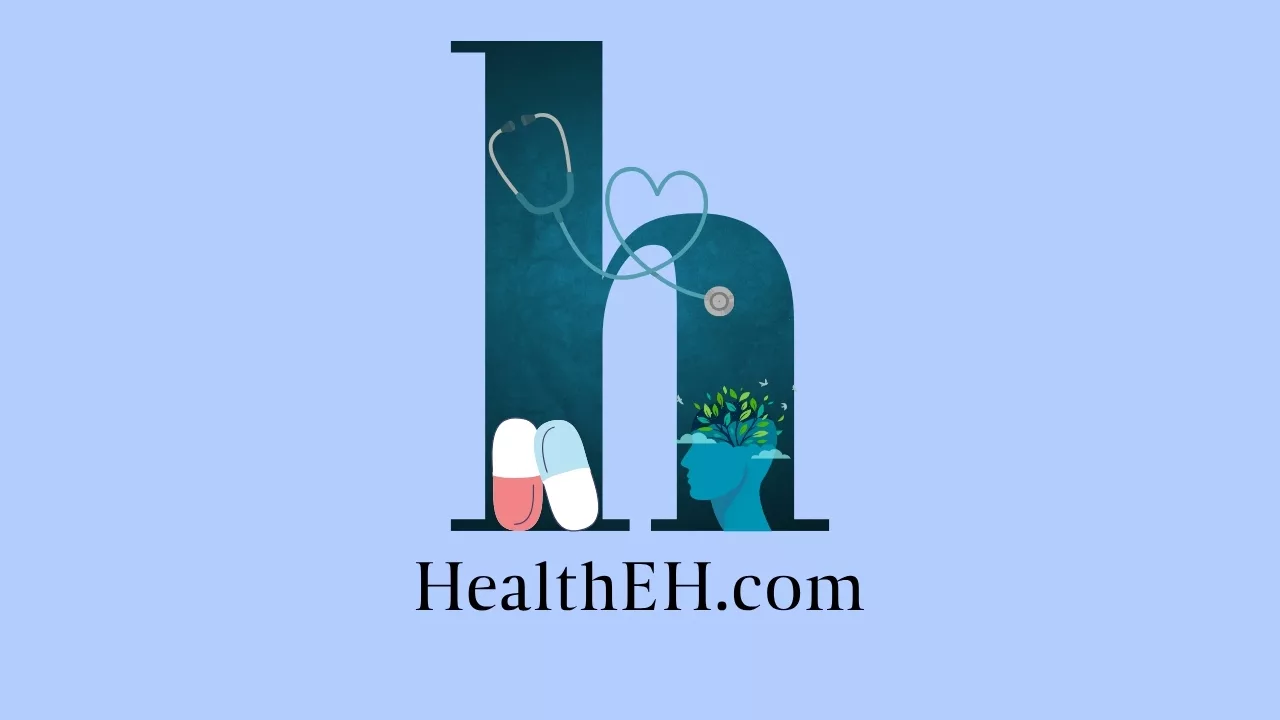
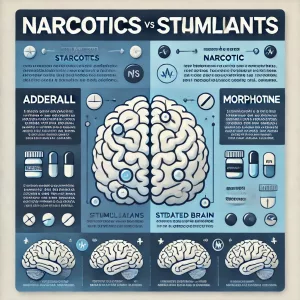



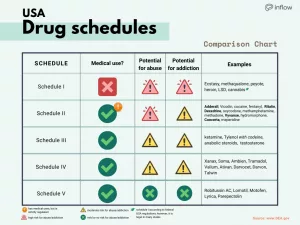



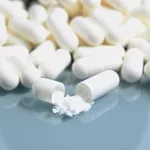









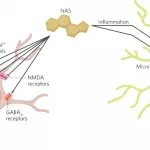


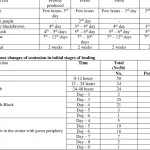

Leave a Reply
You must be logged in to post a comment.